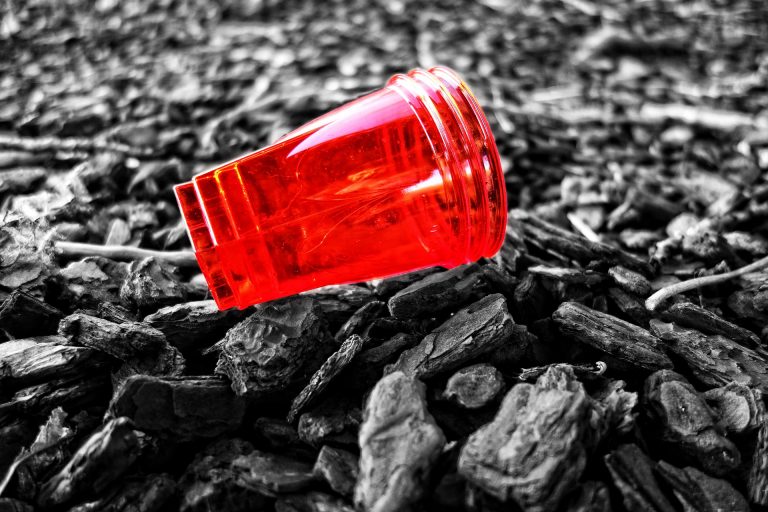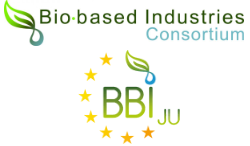Authors: Stephan Laske, Greiner Packaging and Katrin Weinhandl, acib GmbH
Plastic materials were a meaningful achievement of the 20th century and have become an indispensable part of life. However, we are also aware of the huge mountains of plastic waste all over the world. To save our planet, mankind is looking for alternative strategies. The challenge will be to maintain (and improve) our technological standards, while finding solutions for a more sustainable handling of our global resources.
Scientists strive to develop technologies to produce plastics from alternative raw materials (eg starch) or to degrade plastics and recycle them. Within the ENZYCLE consortium, an enzymatic degradation of polymeric plastics and the re-use of monomers for new products are the main topics.
But what are the important parameters to make this approach relevant for packaging industry?
Degradable plastics for packaging?
Compostability and degradability of plastic packaging is not very relevant to ENZYCLE’s partner Greiner Packaging in Austria. There are only a few applications, where these features make sense, like for example coffee capsules, dishwashing tabs or game bite protectants in forestry. But there are several other industrial sectors, where degradability is an add-on. Especially, in medical applications degradable plastics could substitute metal screws and splints for the treatment of bone fractures, for example.
In the sector of packaging industry, the credo for degradable plastic materials is that the application environment is different from the optimal degradation environment. The pack integrity needs to be guaranteed throughout shelf life.
From stability to degradability
As soon as a plastic material ends up in waste, an efficient degradation would be desirable. Even if plastic materials are labeled “Biodegradable”, this does not mean that we can dispose them in organic waste or compost piles! The degradation of biodegradable plastics still takes months, therefore, littering should be implicitly avoided. In an industrial recycling process biodegradation is performed by choosing the appropriate parameters, which allow to “crush” the polymers into smaller pieces, the monomers. These can be re-utilized for the synthesis of new products. An important question that needs to be raised also within ENZYCLE is to explore the advantages of enzymatic recycling procedures compared to mechanical or chemical treatments, especially, in case of multilayer packaging.
“Green” packaging
Packaging industry sees a benefit in degradable plastics as a source for production: Monomers derived from enzymatic plastic degradation are expected to come along with a significant reduction in CO2 emission. Of course, cost efficiency is an important parameter for the successful implementation of enzymatic methods. Consumers are rather unwilling to pay a higher price for their products, but the introduction of a plastic tax or something similar would overcome this barrier for example.
But is there something that each of us can do to support a more sustainable handling with plastics?
The role of public
In principle, the process of plastic degradation should not fully depend on the consumers’ behaviour. An advantage of the enzymatic recycling process is that it allows a worse quality of packaging waste. Microorganisms who carry the degrading enzymes, pick out their particular polymeric substrates and the rest is redirected to another recycling cascade. However, we as the consumers of packaging can help these microorganisms and facilitate their work by separating recyclable waste in a conscientious way. A responsible handling of plastics is the most essential aspect, where each of us can contribute for the sake of our planet.




